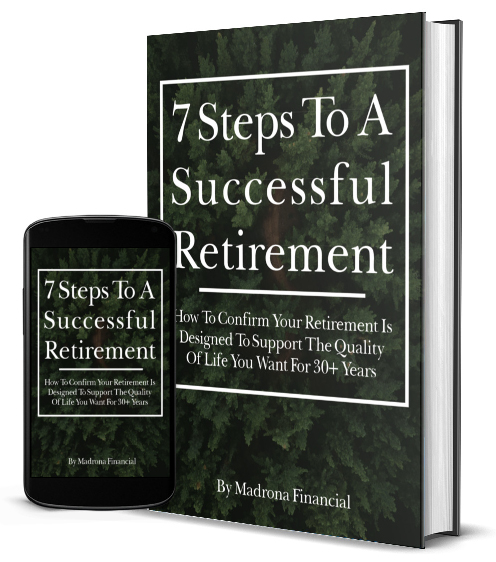I have heard from and seen literally hundreds of stock pickers who claim they have discovered the secret formula to time the markets. Generally they are just playing to people’s fears, or their greed. I have yet to read a study where market timing works consistently.
Think about it: if someone can’t even predict what the markets will do tomorrow, how can anyone predict what the markets will do in a month, or in a year?
This is a summary of a conversation I had with several clients in early 2009. “Hank” calls to tell me he wants out of the market. I respond that it’s his money, and he can do what he feels is best, but I asked Hank a few questions.

Me: Hank, do you think the markets will recover?
Hank: Absolutely.
Me: Do you plan on getting back into the markets?
Hank: Yes.
Me: Okay Hank, when do you plan on doing that?
Hank: When the markets are better!
Me: Okay, define better for me.
Hank: When they are up!
Me: Define “up”…15%? 20%?
Hank: 20%.
Me: Hank, you want out of the markets now and believe they will come back up. So your plan, if successfully executed, has you out of the markets during their recovery, only to re-enter the markets after the recovery. As a result, you will avoid receiving any of the benefit of the 20% gain you believe will happen.

Sheepishly, Hank agrees that plan is doomed for failure.
So what can we do? I suggest targeted asset allocation. Buy low, sell high based on the PEG Ratio. Watch for bubbles and investing fads such as dot-coms and gold when they are too high. Rotate out of bond sectors, or especially out of longer duration bonds when interest rates are rising. In other words, apply good sense to your decision making process and don’t just blindly follow the next investment guru.
Targeted asset allocation is the intelligent cousin of market timing. In October of 2011, I knew of this company claiming to have all the answers on market timing. When the Dow hit 12,000, this same company told all their advisors to get out completely and get back in when the Dow hit 9,000.
They said 9,000 was a certainty, not a guess.
Right after this prediction the markets went on a huge multi-year rally with the Dow reaching 16,000. Now what does the market timer do? Stay out forever? Buy after the rally when markets are higher?
Imagine how the advisors would have explained their actions to clients who made no gains during this huge rally, and seemingly had no opportune time to get back into the market.

